Aer Lingus Special Assistance team is compassionate towards passengers with special needs. From disability assistance to medical considerations, the airline leaves no stone unturned in showing empathy towards disabled passengers.
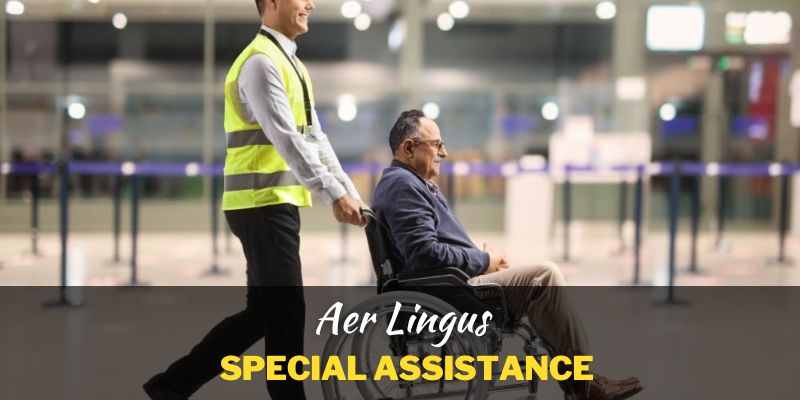
Below is the overview of all the details that are covered under the Aer Lingus Special Assistance Program.
Aer Lingus Disability Assistance
Whether you have a disability or a condition that requires assistance from the airline staff at the airport, these services include –
- Help you in navigating the airport by offering the wheelchair assistance
- Assistance while completing the Aer Lingus check-in and boarding process. This includes obtaining the boarding pass to submit your baggage at the drop-off, and helping you with boarding.
- Offer help with the disembarkation, receiving baggage from the carousel, and escorting disabled passengers at the arrival destination.
- Assistance would be offered with mobility devices upon arrival.
- Personal care would be provided on the flight which includes eating, taking medication, and other important tasks.
How to request disability assistance with Aer Lingus?
Passengers must request the Aer Lingus special assistance at least 48 hours before the scheduled departure. You can request the assistance online through Aer Lingus manage booking tab or by calling the following numbers –
| Details | Contact Numbers |
|---|---|
| Call Aer Lingus Special Assistance Team | |
| Ireland – (353) 1 761 7839 | |
| North America – (877) 351-6882 |
Seating preference for the disabled passengers
Disabled passengers can request the seat at the time of online check-in. Below is the overview of the accessible seating available on Aer Lingus carrier –
| Aircraft Model | Class | Armrest Positions | Toilet Accessibility |
|---|---|---|---|
| Airbus A330-300 | Business Class | 1AG, 2DH, 3AG, 4DH, 5AG, 6DH, 7ADOK | Not specified |
| Economy Class | Semi-moveable (45° angle), Fixed in exit/bulkhead | N/A | N/A |
| Airbus A330-200 | Business Class | 2AGH, 3D, 4AGH, 5D, 6AGH | Not specified |
| Economy Class | Semi-moveable (45° angle), Fixed in exit/bulkhead | N/A | N/A |
Please Note: Aer Lingus does not allow passengers with disabilities or special seats to choose emergency exit seats.
Does Aer Lingus allow passengers to travel with Carer?
Passengers are allowed to travel with a carer provided they must manage the following through the journey –
- Eating, providing medication and other personal needs.
- Escorting passengers to the lavatory.
- Assistance with an oxygen mask or life jacket
- Communicating with the aircraft crew about the medical and other safety measures
Please Note: The carer service would be offered by Aer Lingus, and is subject to a fee. Disabled passengers who need to access this service must contact the airlines 48 hours before scheduled departure.
Aer Lingus Wheelchair Assistance
Disabled passengers must request a wheelchair 48 hours before departure. They must meet the following requirements –
- Mobility equipment – Passengers with disabilities or reduced mobility can bring up to 2 pieces of mobility equipment. No additional cost would be charged by Aer Lingus.
- Weight consideration – The airline accepts mobility aids weighing over 120 kg.
- On-board wheelchairs – The aircraft Airbus A330, A321, and A320 offer wheelchairs on the plane.
Battery-operated mobility devices
Disabled passengers traveling with the mobility assistance device must know –
- Devices will be considered as checked luggage. No additional fee would be charged.
- The Aer Lingus wheelchair assistance team requires details like weight, dimensions, and suitability for high-altitude transport.
- Wet Cell batteries can be accepted if securely detached.
Does Aer Lingus provide children’s restraint devices on board?
Aer Lingus special assistance team allows passengers to carry a range of restrained devices that are catered to different age groups.

Children’s restraint devices include –
| Types of Device/Age | Upto 6 Months | 6 To 12 Months | 12 To 24 Months | 24 To 36 Months | 36 To 48 Months | Under 5 Years |
|---|---|---|---|---|---|---|
| Passenger Seat Belts Only | No | No | No | Yes | Yes | Yes |
| Infant Loop Belt | Yes | Yes | Yes | No | No | No |
| Car Type Safety Belt | No | Yes | Yes | Yes | No | No |
| AmSafe Cares Harness | No | No | Yes | Yes | Yes | Yes |
Aer Lingus Special Assistance To Visually & Hearing Impaired Passengers
Visually impaired passengers must submit their special assistance request 48 hours prior to departure. Passengers need to make requests online and fill out the Aer Lingus special assistance form.

In addition, the assistance would be provided in –
- Navigating the airport
- Completing check-in and boarding process.
Please Note: Seating at the emergency exit row is not allowed.
Aer Lingus Special Assistance To Passengers With Medical Conditions
To carry a medical device, passengers must make the request 48 hours before scheduled departure. Below is the list of medical devices that passengers are allowed or restricted to carry on board as well as check-in baggage.
| Medical Device | Carry Onboard | Use Onboard In Business Class | Use Onboard In Economy Class | Checked Baggage |
|---|---|---|---|---|
| Airway Clearance System | Allowed | Not Allowed | Not Allowed | Allowed |
| Bi Pap Machine | Allowed | Not Allowed | Not Allowed | Allowed |
| Continuous Positive Airway Pressure Machine (CPAP) | Allowed | Not Allowed | Allowed | Allowed |
| Defibrillator | Not Allowed | Not Allowed | Not Allowed | Allowed |
| Electronic Injection Device | Allowed | Allowed | Allowed | Allowed |
| Feeding Pump | Allowed | Allowed | Allowed | Allowed |
| Functional Stimulation Electronic Machine | Allowed | Allowed | Allowed | Allowed |
| Gas Cylinders For Mechanical Limbs | Allowed | Allowed | Allowed | Allowed |
| Humidifier | Allowed | Not Allowed | Not Allowed | Allowed |
| Infusion Pump | Allowed | Allowed | Allowed | Allowed |
| Insulin Pumps or Continuous Glucose Monitors | Allowed | Allowed | Allowed | Allowed |
| Nebuliser | Allowed | Allowed | Allowed | Allowed |
| Oximeter | Allowed | Not Allowed | Not Allowed | Allowed |
| Portable Dialysis Machine | Allowed | Not Allowed | Not Allowed | Allowed |
| Portable Oxygen Concentrator (POC) | Allowed | Not Allowed | Allowed | Allowed |
| Suction Machine/Unit | Not Allowed | Not Allowed | Not Allowed | Allowed |
| TENS Machine | Allowed | Allowed | Allowed | Allowed |
| Ventilator | Allowed | Allowed | Allowed | Allowed |
Is there any restriction on carrying medication on flight?
Passengers can carry medication provided they must carry a prescription. Below is the list of medicines and medical devices that are allowed onboard –
| Medicine | Carry Onboard | Use Onboard | Checked Baggage | Additional Details |
|---|---|---|---|---|
| Asthma Inhalers | Allowed | A doctor’s note is required. | Allowed | N/A |
| EpiPens and Hypodermic Needles | Allowed | Allowed | Allowed | Doctor’s note is required. |
| Insulin | Allowed | Allowed | Allowed | Keep insulin in carry-on to prevent freezing. |
| Liquid Medication | Allowed | Allowed | Allowed | Carry in hand luggage. |
| Tablets & Capsules | Allowed | Allowed | Allowed | Doctor’s note is required. |
Aer Lingus Special Assistance For Pregnant Women

Pregnant women traveling with Aer Lingus must be aware of the following –
Allowance on flights within Europe –
| Pregnancy Stage | Requirements | Restrictions |
|---|---|---|
| Upto Week 27 | No special requirements | None |
| Weeks 28-35 | Complete the Expectant Mother Travel Advice form with the doctor’s approval | Form Required |
| Week 36 or over | Complete the Expectant Mother Travel Advice form with the doctor’s approval | Not Allowed |
More >> Click here to access The Expectant Mother Travel Advice Form.
Allowance on Transatlantic flight –
| Pregnancy Stage | Requirements | Restrictions |
|---|---|---|
| Upto Week 27 | No special requirements | None |
| Weeks 28-35 | Complete the Expectant Mother Travel Advice form with doctor’s approval | Form Required |
| Week 36 or over | If your pregnancy has reached week 34 or beyond | Complete the Expectant Mother Travel Advice form with the doctor’s approval |
By prioritizing the needs of passengers, including those with disabilities or medical conditions, Aer Lingus special assistance team reaffirms its commitment to making every journey an enjoyable and accessible one.
FAQs related to Aer Lingus Special Assistance
How to book assistance with Aer Lingus?
To book assistance with Aer Lingus, you can do so during the online booking process. You can also contact Aer Lingus customer service directly to request assistance.
How do I get special assistance with Aer Lingus?
Getting special assistance with Aer Lingus involves indicating your needs during the booking process or contacting their customer service if you’ve already booked your flight. The said request must be booked 48 hours before departure.
How do I request special assistance at the airport?
Proceed to the airline’s check-in counter or the designated assistance counter and inform the staff about your requirements.
Does Aer Lingus let you sit together?
Yes. Aer Lingus aims to seat passengers together, provided they must be a part of the same booking or family group. During peak travel, seat preference may be subject to availability.
Can you bring medication on Aer Lingus?
Yes.It’s recommended to pack your medications in your carry-on bag to ensure they are easily accessible during the flight.
Can you bring a walking stick on an Aer Lingus flight?
Yes, you can generally bring a walking stick or cane on an Aer Lingus flight as carry-on baggage or have it stowed in the overhead compartment.

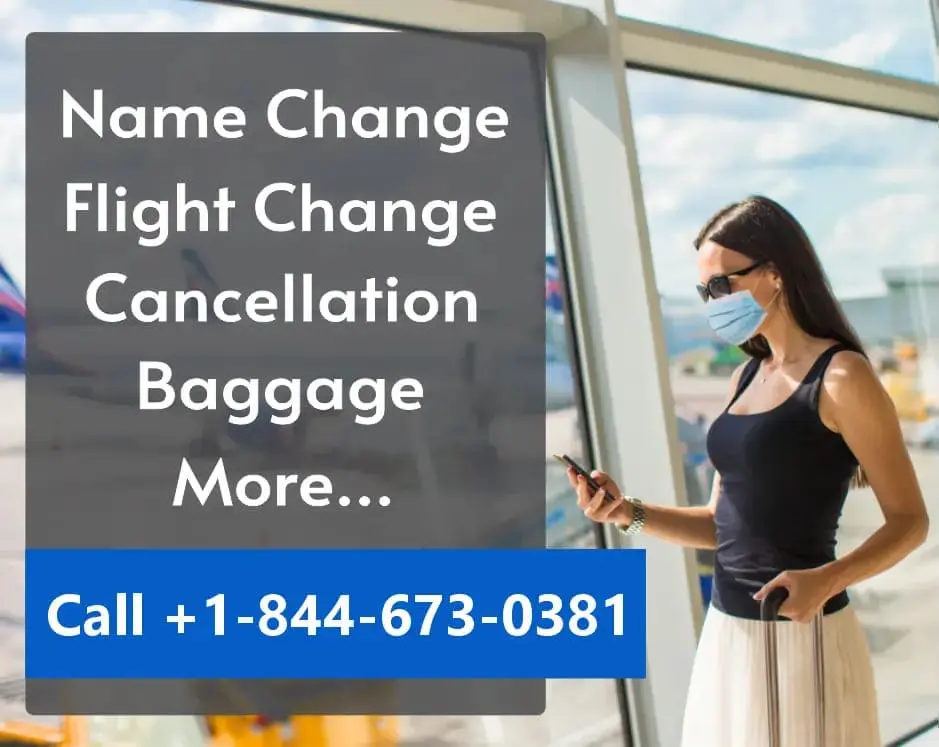
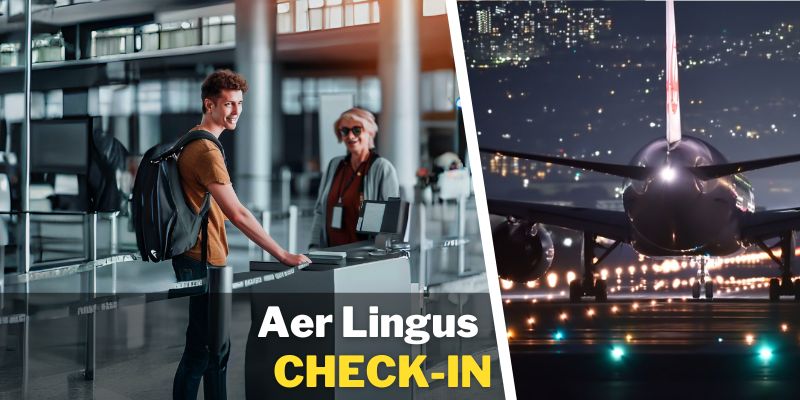 Aer Lingus Check In Online – Flight & Time
Aer Lingus Check In Online – Flight & Time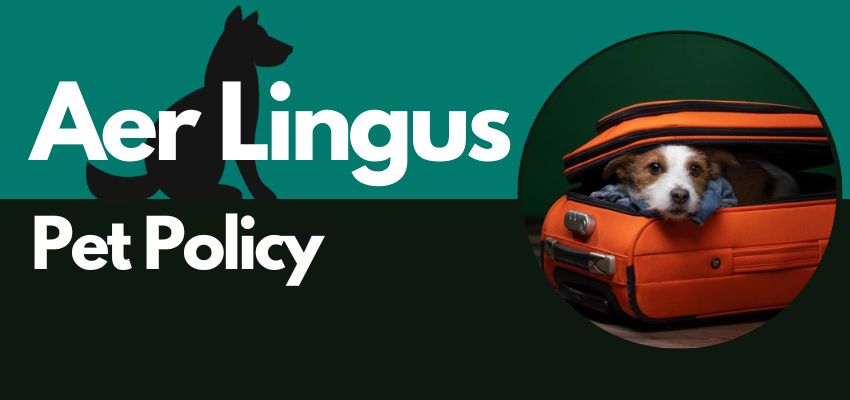 Aer Lingus Pet Policy
Aer Lingus Pet Policy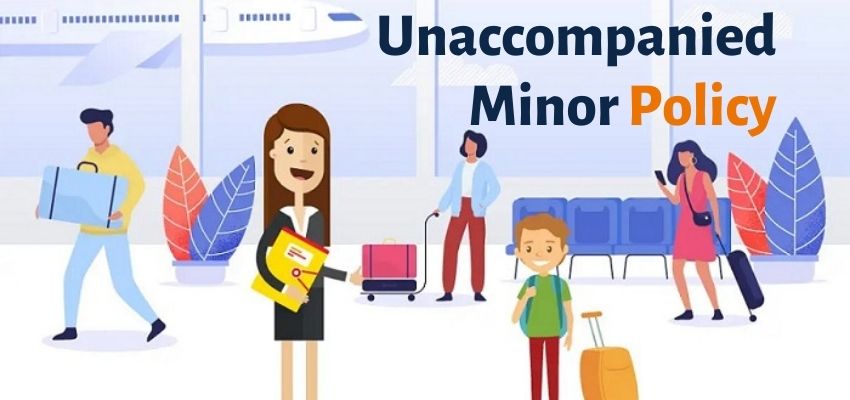 Aer Lingus Guidelines for Unaccompanied Minor
Aer Lingus Guidelines for Unaccompanied Minor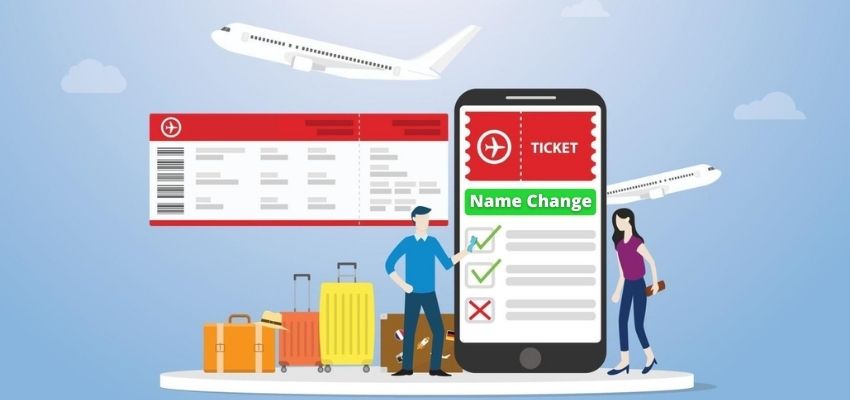 Aer Lingus Name Change Policy
Aer Lingus Name Change Policy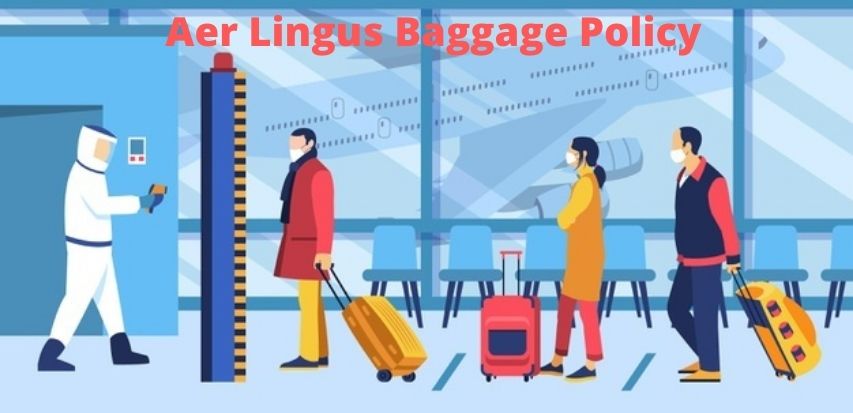 Aer Lingus Baggage Policy
Aer Lingus Baggage Policy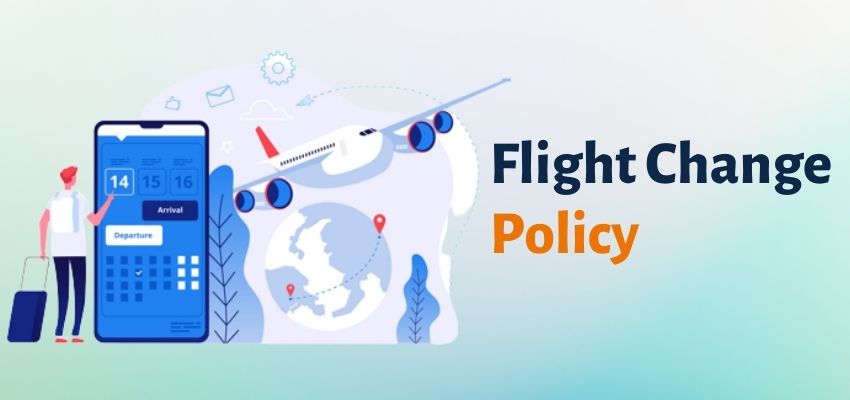 Aer Lingus Flight Change Policy
Aer Lingus Flight Change Policy Aer Lingus Cancellation Policy
Aer Lingus Cancellation Policy